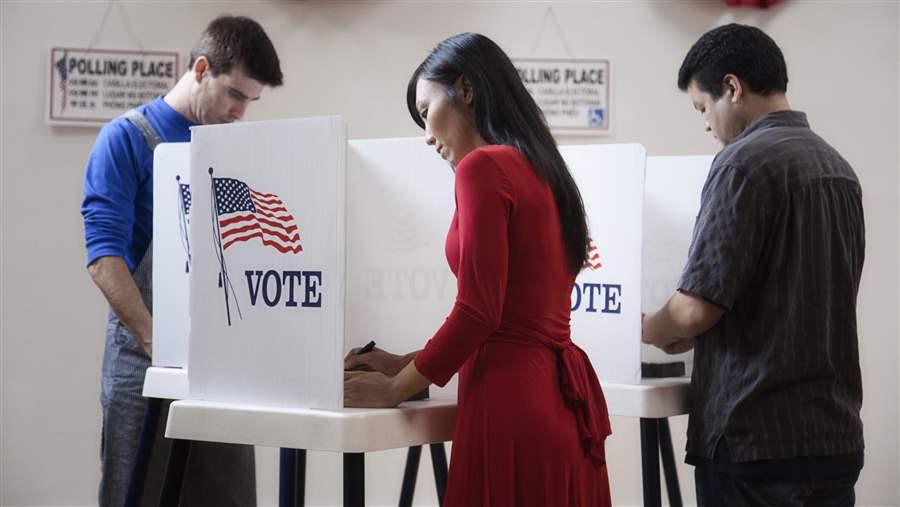Administration of U.S. Elections Poised for Further Improvement in 2017
As part of its mission to support American democracy, The Pew Charitable Trusts works directly with election officials and private sector partners to create tools that make voting easier, more efficient, and less costly. Two tools that played an outsize role in 2016 and will continue to affect election administration in 2017 and beyond are:
- The Voting Information Project (VIP), a partnership among Pew, the states, Google, and many other companies, provides voters with official information about the election process where they look for it most—online. Through partners such as Facebook, LinkedIn, Etsy, Instagram, Mozilla, AOL, Twitter, AT&T, and Foursquare, VIP delivered crucial voting information more than 100 million times in the days leading up to the election.
- The Electronic Registration Information Center (ERIC) houses a sophisticated data-matching process to inform states about voter records that may be out of date and eligible but unregistered citizens. It was begun with assistance from Pew and is now governed and funded by its member states, which have increased from seven in 2012 to 20 plus the District of Columbia today. Independent researchers found that ERIC states outperformed non-ERIC states on several key metrics of election administration, including voter registration and turnout rates.
November’s election was a long and hard-fought exercise in democracy, illuminating deep differences on how best to keep our country moving forward. The robust public debate will not end simply because the election is over. The good news is that thanks to tools such as VIP and ERIC, Americans’ ability to express their preferences through the ballot was easier and more efficient this year than ever before.
Pew offers a sincere thank you to election officials nationwide for their work last November and looks forward to continuing to provide state legislators, election officials, and secretaries of state with research and technical support to make citizen participation in our democracy more efficient.
Alexis Schuler is the senior director and Samuel Derheimer is a senior manager for election initiatives at The Pew Charitable Trusts.


America’s Overdose Crisis
Sign up for our five-email course explaining the overdose crisis in America, the state of treatment access, and ways to improve care
Sign up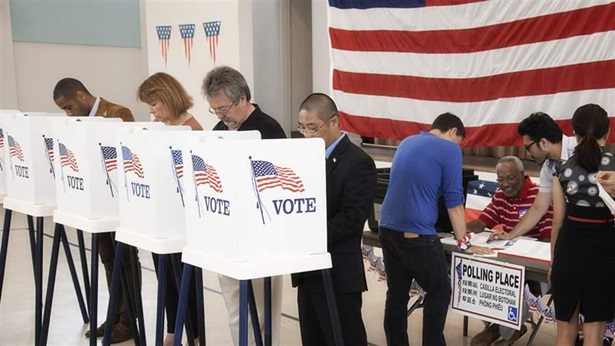
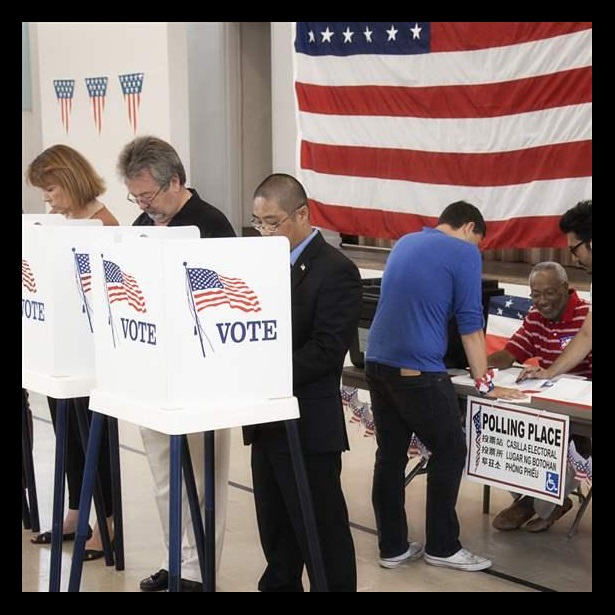
Record Number of Voters Use Digital Tools to Find Poll Locations, Ballot Information
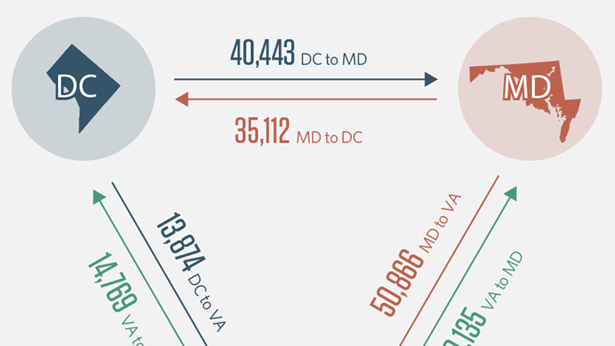
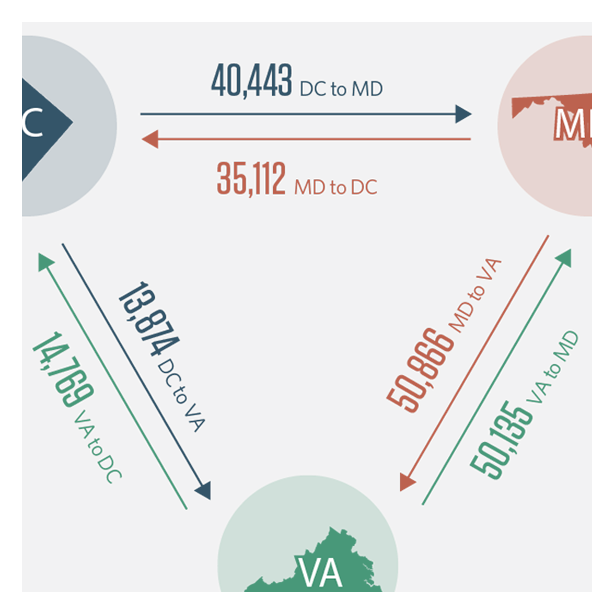
Electronic Registration Information Center Helps States Keep Pace With Mobile Electorate
Secure data-sharing system identifies voters who move between the District of Columbia, Maryland, and Virginia
